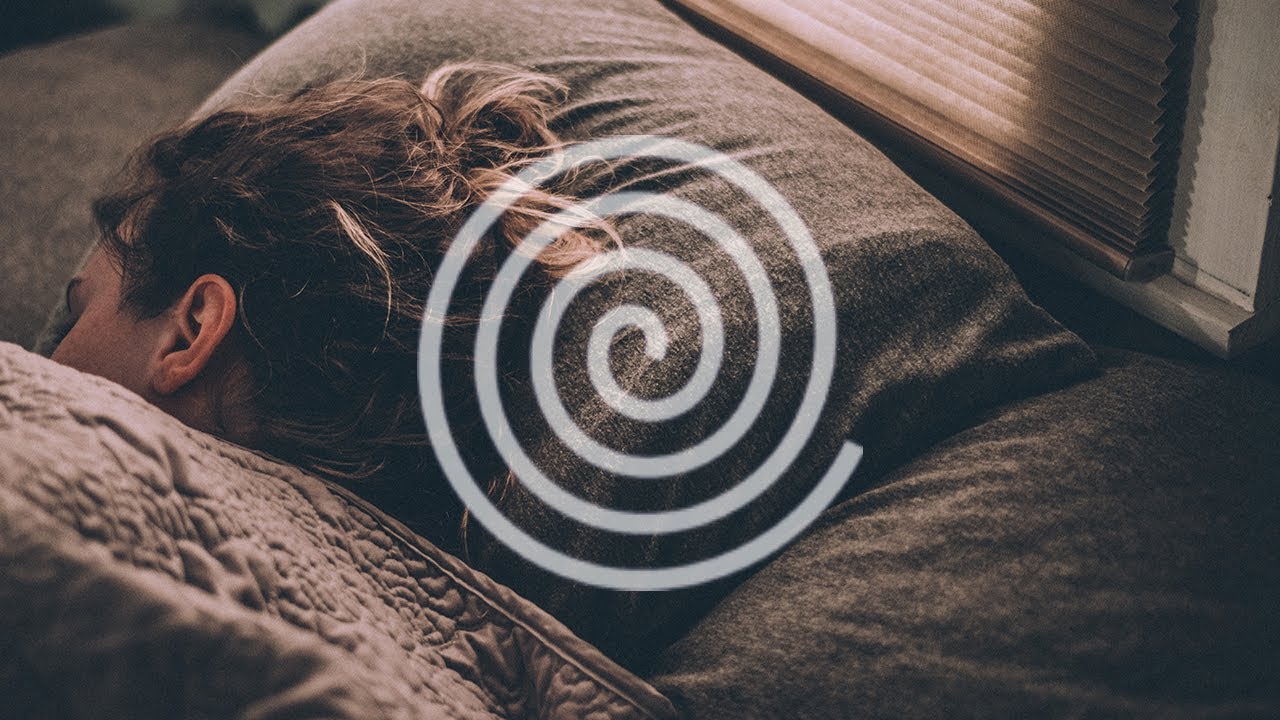
Sleep Therapy
-

What frequency number music is good for sleep?
Throughout the ages, music has been known to affect psychophysical parameters in humans, from sleep latency to individual sleep stages. A recent study of 432 Hz music on sleep duration and quality examined its effect on both total sleep dime and individual sleep stages. Unlike many studies, this study did not follow classical sleep architecture. Specifically, subjects were unable to reach N3 or N4 stages. The study was conducted in both the N1 and N2 stages. 528 Hz The five-hundred-and-twenty-eight Hz frequency number is known to be relaxing and soothing. This frequency is related to the natural vibrations of the
-

How does music improve sleep?
This link between music and sleep has been proven through studies conducted in different countries. It works in young people, elderly men, and even people with schizophrenia, according to a recent meta-analysis of 10 studies. Whether or not it actually helps people sleep is another question. In this article, we’ll examine the benefits of music for sleep and how it can help you with your sleeping problems. So, why is music so helpful? We’ll explore these questions, and more. Reduces stress hormones Music can improve your sleep by reducing stress hormones. Researchers have done studies to show that listening to
-

What is the best music for deep sleep?
If you’re wondering what music is good for deep sleep, we’ve got you covered. A recent survey of people who use music to go to sleep revealed that motivational music induces sleep, as do songs with higher Hertz and relatively slow beats. While these types of music may be too intense for the average sleeper, they do tend to help people drift off to sleep. Here are the most effective types of music for lullabies. Results of a survey on music users for deep sleep A recent UK survey explored the reasons people use music to sleep. It asked participants